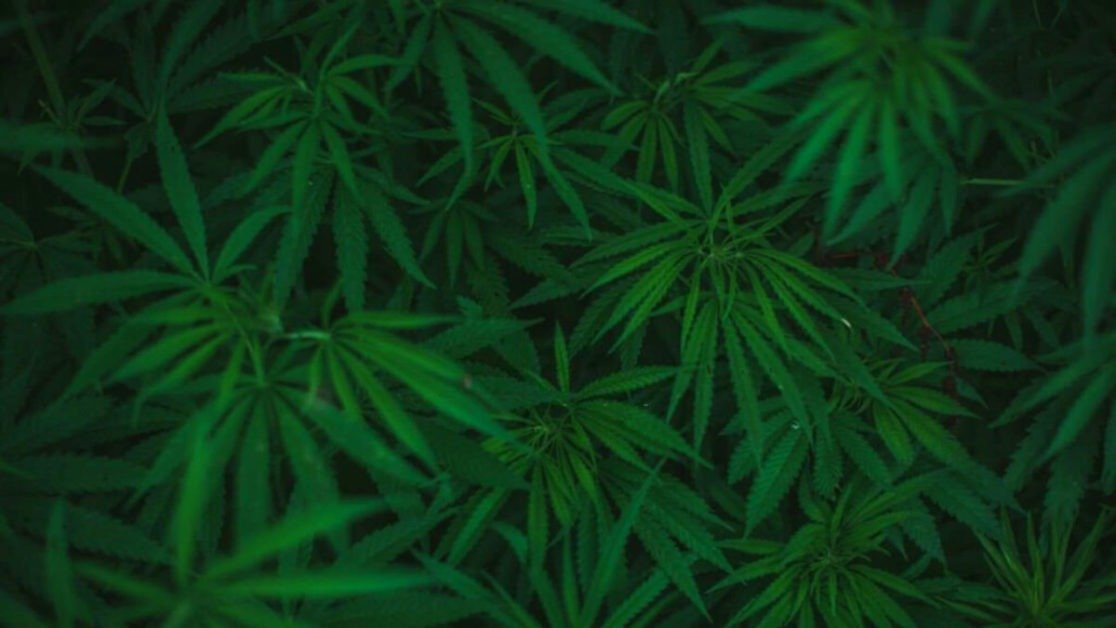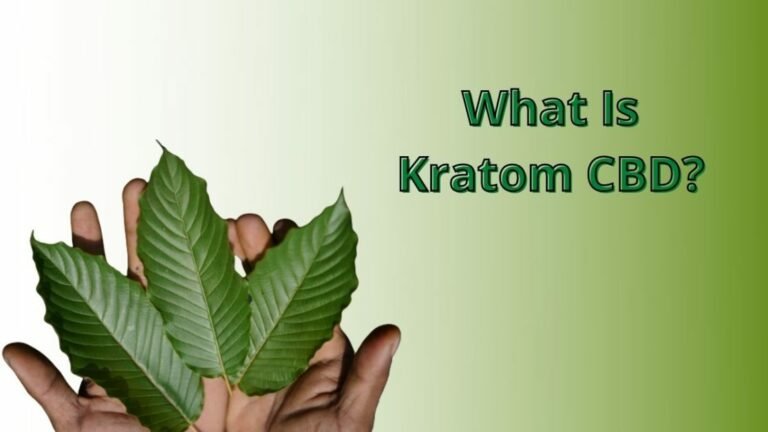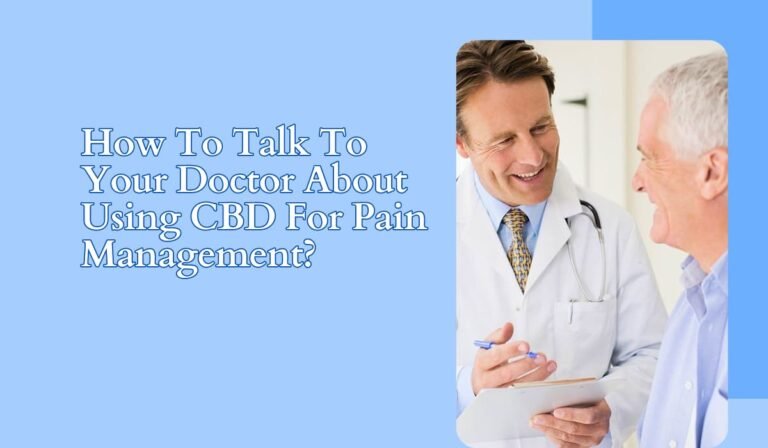The Difference Between Medical Marijuana And Recreational Weed

For thousands of years, people have employed the cannabis plant for a wide range of purposes. The plant has a variety of uses. It includes making garments, weaponry, food, and recreational items. Adult-use (recreational) weed and medical cannabis (marijuana) are two types of cannabis.
Types Of Cannabis
Adult-use cannabis products can be bought by anybody who is at least 21 years old. Each category has a unique legal status and is occasionally sold in various locations. They have some perplexing differences. Additionally, even if they are both permitted in some states, all cannabis is prohibited on the federal level.

What Is Cannabis Used for Recreationally?
The most commonly used illegal substance in the UK is recreational cannabis. It is sometimes referred to as weed, pot, dope, and grass. Over 10 million people between the ages of 16 and 64 have at least once taken the drug.
Cannabis used recreationally is defined as cannabis. It is used for pleasure rather than for medical purposes. Cannabis for adult use has been made legal in 19 states thus far. These laws treat marijuana as alcohol. It allows people to purchase it without a prescription. Adult-use Cannabis is frequently used for its pleasurable effects on the mind.
Tetrahydrocannabinol is a substance that is present in the majority of cannabis products for adult use (THC). THC alters mood. It might make it difficult to think clearly and move with balance. THC is widely used in medicine. However, some also use it to get a “high” experience. People smoke marijuana for the psychoactive chemical THC. It can make them feel content, at ease, and sleepy.
Medicinal Cannabis: What Is It?
The phrase “medical cannabis” refers to a broad category of cannabis-based pharmaceuticals. It treats both physical and psychological ailments. Since it is currently only given for extremely severe cases of the following disorders. Relatively few people in England are likely to acquire a prescription for medicinal cannabis:
- People who have unusual, severe forms of epilepsy in children and adults
- Adults experiencing nausea or vomiting brought on by chemotherapy
- People with multiple sclerosis-related muscular stiffness and spasms (MS)
Only in extreme cases, when all other options have failed or are ineffective, would they be prescribed. The molecule that generates a high, THC, is absent from the majority of medicinal cannabis therapies. And where it is present, it is present in very small amounts. Because the long-term consequences of THC are still unknown.
The majority of medicinal cannabis products solely contain CBD. It has no euphoric effects. But can help manage conditions. It includes chronic pain, PTSD, and epilepsy. The primary dangers connected to cannabis products containing THC are:
Psychosis: Evidence suggests regular cannabis use may increase the risk of developing a psychotic disorder like schizophrenia. The NHS claims that cannabis usage raises the risk of schizophrenia and other mental health disorders. Those who used it more than 50 times before reaching 18 have a threefold increased risk of contracting the disease by the age of 45.
Drug dependence: Long-term users of cannabis products containing THC run the risk of developing both physical and psychological drug dependence. This is brought on by the reward circuit in the brain. It becomes tolerant to THC over time and adjusts to the supply. It leads to unpleasant withdrawal symptoms when the supply is cut off. According to scientists, the risk of dependence is negligible. It is when THC products are managed and observed by a physician.
Why not use marijuana as a medicine?
One of the oldest known medications is cannabis. As more states now permit the use of cannabis for medical purposes. The drug is becoming more and more well-liked in the United States. Currently, millions of Americans use medical marijuana to treat ailments. It includes multiple sclerosis, chronic pain, and chemotherapy-induced nausea.
State laws concerning medical marijuana differ from one another. The same goods that are sold in retail outlets. It can be purchased by medical patients in some areas, including California. Some states, like New York, forbid patients from buying any cannabis products that can be smoked.
Medical cannabis is not regulated like prescription drugs. Is despite its rising popularity. None of the goods sold at medicinal cannabis shops have received FDA approval. Only one cannabis-derived medication, Epidiolex, has received FDA approval as a therapy for a rare kind of pediatric epilepsy. Only a doctor’s prescription is required to obtain this drug.
What Sets Medical Cannabis Used Apart From Recreational Cannabis?
Cannabis used for medical purposes is GMP certified. It guarantees the best quality and a known ratio of THC to CBD. Additionally, the Home Office Department of Health and Social Care and the Medicines & Healthcare Regulatory Agency is in charge of regulating and issuing licenses for cannabis-based therapeutic goods in the UK.
Cannabis is purchased illegally or for other purposes. It includes recreational use, is not controlled, and the ratio of THC to CBD and its potency is frequently unknown. Additionally, since many sellers don’t care about the consumer and only care about the money, unregulated cannabis may contain dangerous pollutants. It includes heavy metals, pesticides, and mold.
Is Cannabis Used for Recreation Safe?
The idea that cannabis is fully safe to use is a widely held myth. As just discussed, there is no assurance that recreational cannabis bought from a dealer is safe to consume. It is because you cannot be certain of its composition. Because of the dangers THC brings to your health, even marijuana is self-grown may be dangerous.
In particular, for people who are more genetically susceptible, i.e., have a family history of poor mental health, excessive cannabis usage has been related to various mental diseases. It includes anxiety, sadness, and paranoia.
For many people, the transient high isn’t worth the long-term hazards of psychosis or incapacitating illnesses like schizophrenia. It’s also important to remember that not everyone reacts favorably to marijuana used for recreational purposes. The following adverse effects are frequently felt by people:
- Nausea
- Vomiting
- Dizziness
- Shaking
- Hallucinations
- Restricted motor ability (making driving more dangerous)
- Lessening of inhibitions (leading to poor decision-making)
- Smoke induces lung irritation and inflammation.
- A higher risk of heart attack or stroke due to an elevated heart rate
Dr. Edward Zelman
Dr. Edward Zelman is a distinguished and highly respected medical professional who has dedicated his career to the field of general medicine. With a profound commitment to patient care and a wealth of knowledge acquired over decades of practice, Dr. Zelman has earned a reputation as a trusted healthcare provider in his community. With a career defined by excellence and an unwavering commitment to the betterment of his patients and the broader community, Dr. Edward Zelman stands as a pillar of the medical field, dedicated to the principles of healing and compassionate care. At present, Dr. Edward Zelman is researching safe and effective natural remedies that can restore as well as maintain the youthful functioning of the body.
View All By Dr. Edward






